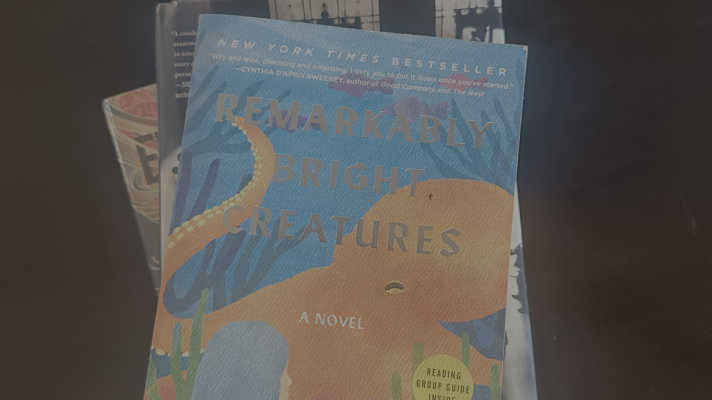After a recent trip to Rome, I picked up Jhumpa Lahiri's 'Roman Stories', which was recommended to me by a friend.
Lahiri is a professor of English and director of creative writing at Barnard College, and is perhaps most well known for her Pulitzer Prize winning collection of stories, Interpreter of Maladies. Lahiri returns to the short story genre with Roman Stories, which is a collection set in Rome and its environs that she originally wrote in Italian. Like Lahiri, many of the characters in the nine stories are immigrants or professors.
The Rome in Lahiri’s stories, though, is not the Rome you typically encounter as a tourist. These stories are not set among the Eternal City's ancient, vine covered ruins, its glittery piazzas, or the sidewalks crawling with tourists, savoring pizza and pasta. Lahiri stories are set in the grittier outskirts of Rome, among walls covered in graffiti, streets strewn with broken glass and balconies of cramped buildings with lines full of drying laundry.
These are not the parts of the city in which you would long to take an early evening passeggiata. The scenes Lahiri portrays in her stories are evocative, to be sure, but they do not call to mind the sun drenched days on a Roman holiday, sampling gelato or sipping Prosecco that have made many travelers think this is the life! I could live here.
Rather, in Lahiri stories, many of the protagonists wrestle with belonging in visceral, even violent ways. The boundary, the first story in the collection, is told from the perspective of the daughter of a vacation rental property caretaker. The girl reflects on how their guests settle into the cottage, making it their temporary home. She relays portions of overheard conversations and the glimpses she catches of the family's holidays that she helps to clean and manage the property.
These family's experiences are a stark contrast to her own, for even though they visit the cottage for a short stay, the girl considers herself the outsider. She feels out of place at school, where she's the only child of immigrants. Her family's escape to the countryside when she was a small child came after her father was savagely beaten in the city by a disgruntled customer at his flower stall, who proclaimed, go back to wherever you came from.
Many of the themes from this first story people who feel out of place, people who are discriminated against, and people with unfulfilled dreams appear in the other eight stories in the collection too. Other protagonists grapple with family secrets and heartbreak, and several make shockingly poor life choices. This is not La Dolce Vita. These stories do not have happy endings, but they are nevertheless a pleasure to read.
Lahiri's prose is beautiful, even when the scenes she portrays are dark and depressing. After finishing Jhumpa Lahiri Roman stories, I wondered if my friend recommended the book to disabuse me of my musings about moving to Rome someday, or because she knows that with my insatiable wanderlust, I'll end up returning to the Eternal City at some point. Either way, when the time comes, I know that because of Lahiri's book, both you and I will appreciate the city in a different way.
Until the next episode of Likely Stories, I hope you find a good book that helps you to escape to places both real and imaginary.













